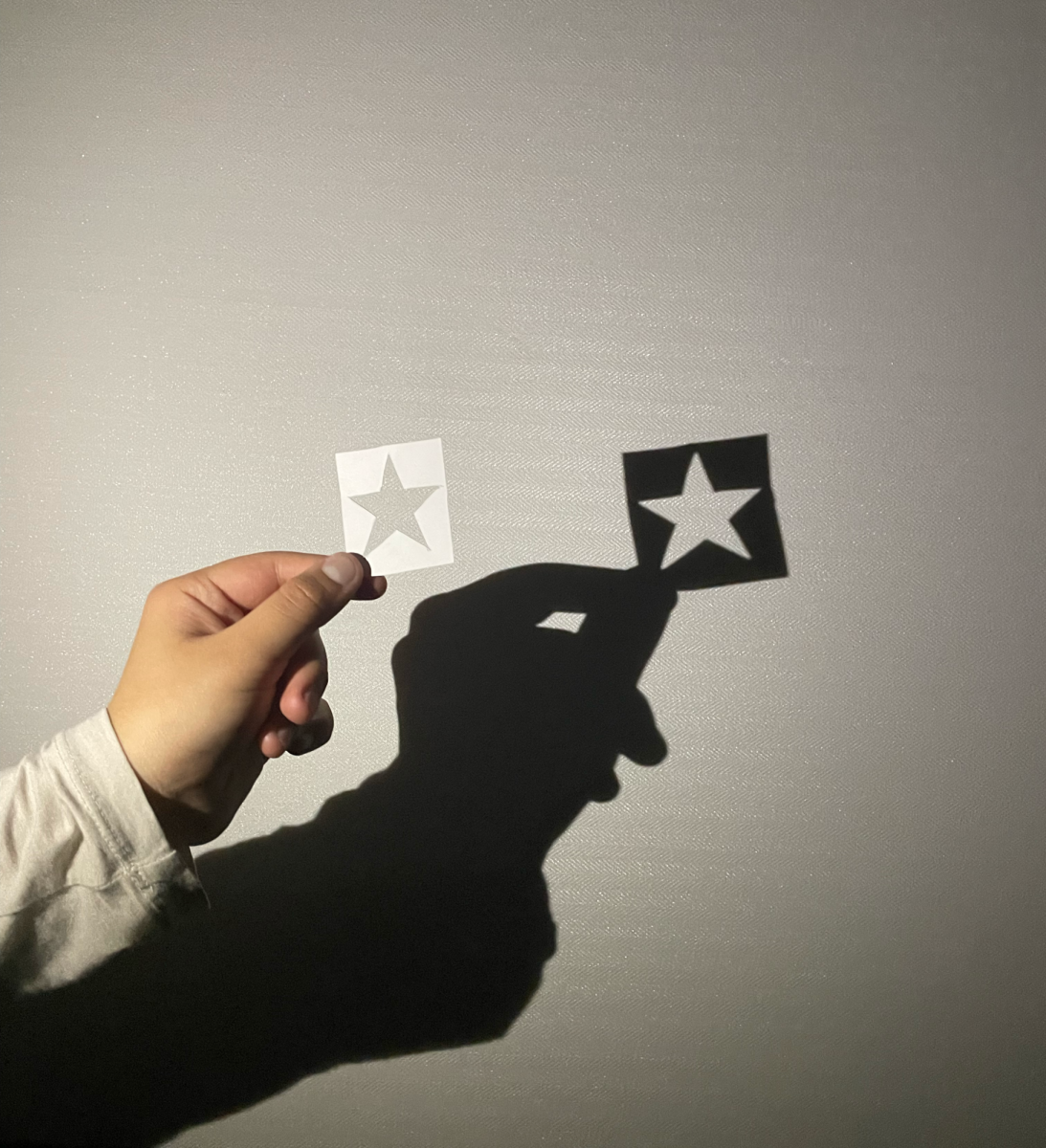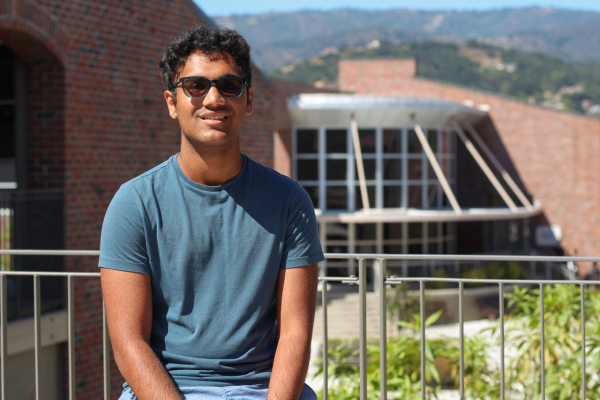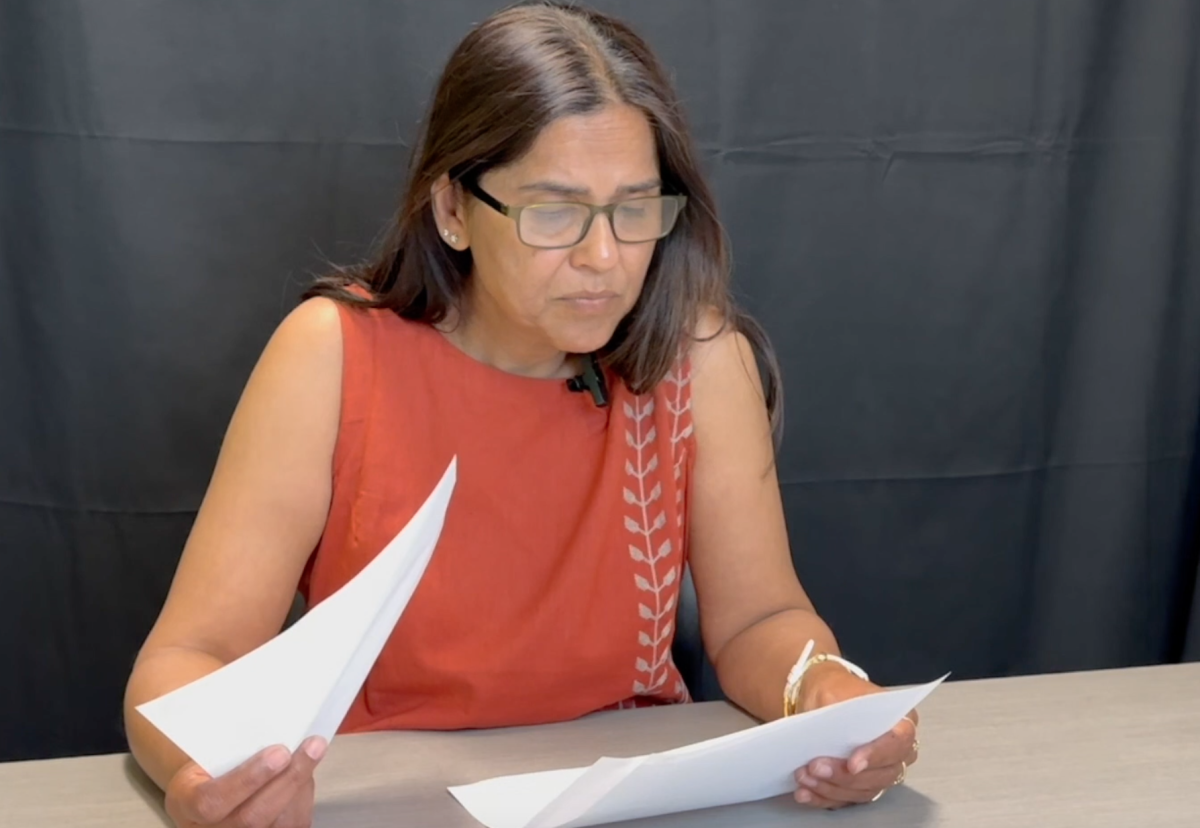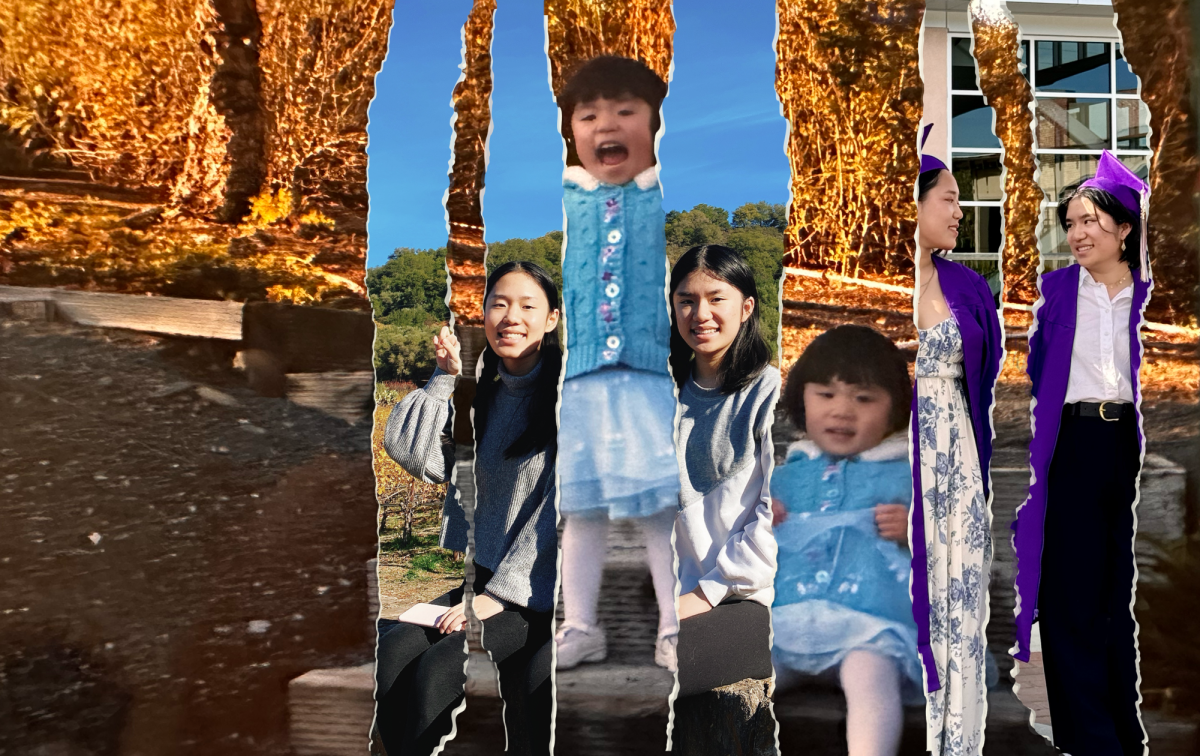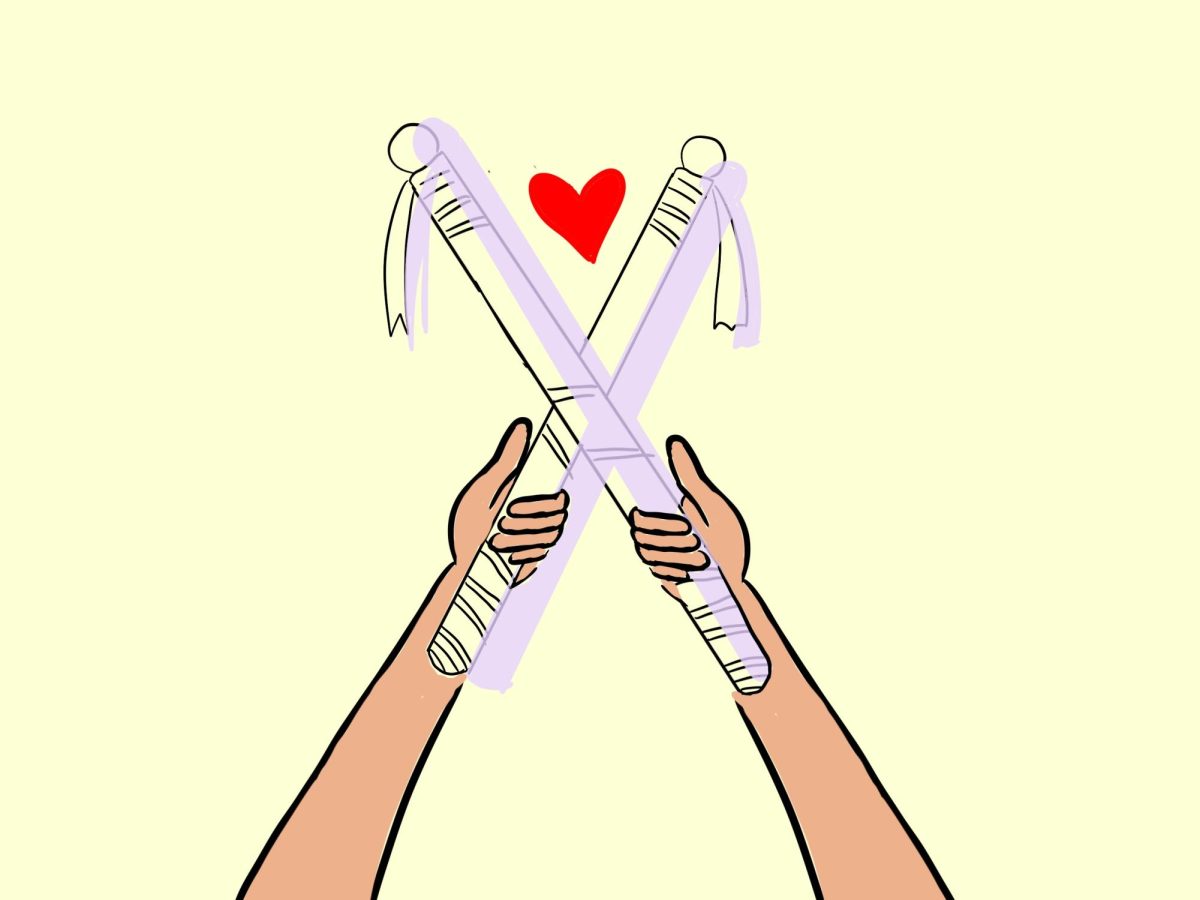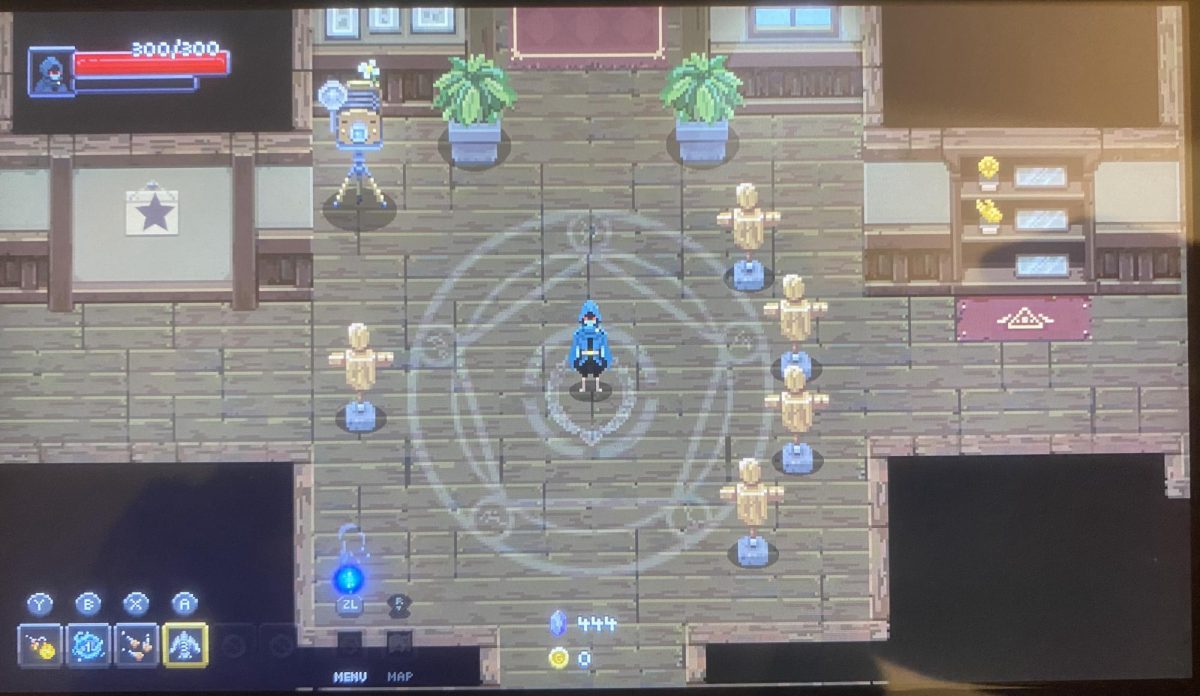In 2020, researchers at Brown University used data from public opinion surveys to rate political attitudes on a scale from 0 to 100, with 0 points meaning no negative feelings for other parties. They found that, from 1978 to 2016, negative emotions toward members of other parties compared to members of their own party grew by around 4.8 points per decade. This mass polarization of America has led to debates being more about arguing and less about productively sharing opinions, which has been observed at MVHS as well. Sophomore Maxim Gutnik has experienced the height of this polarization in the form of broken friendships.
“After summer, I looked back on my own political opinions and did not believe in them anymore,” Gutnik said. “I thought someone I knew was a friend, but soon I started to see more and more that they were trying to push their ideas onto me and make me reject my own. That ended up causing a divide in the friendship.”
While Gutnik has had times where his political opinions split apart a friendship, sophomore Shivasharan Chaganti, has techniques that he uses when he notices certain speech patterns that emerge in heated conversations with his friends regarding politics.
“We all just kind of interject whenever we find something that we like to talk about,” Chaganti said. “For example, countering someone else’s point, agreeing with another person’s point or providing extra evidence for something. It’s sort of like maintaining a balanced discussion.”
However, Chaganti says frequent interjections can make harmless conversations quickly spiral out of control. Similarly, sophomore Maxim Gutnik has experienced lingering anger after political debates with his friends, especially when he had a strong viewpoint on the argument.
“One time I looked back on my own political opinions and did not believe in them anymore,” Gutnik said. “I suddenly saw a person I viewed as a friend as someone who was trying to push their ideas onto me and reject my own. That caused a divide in the friendship.”
Due to the frequency of his political altercations, sophomore Shivasharan Chaganti has developed strategies to reduce the intensity of conversations if they do get heated. For example, he makes sure to balance the conversation between facts and feelings, making a point not to stray from the topic of the conversation or bring up any personal connections relating to the topic that could incidentally harm someone else’s feelings. Although sophomore Yoosuf Khan tries to keep politics out of the conversation, there are times when he feels the need to be assertive with his opinions.
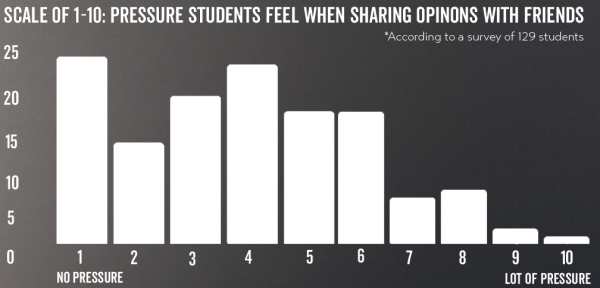
“I mean, I may try to convince them or I also may try to see their point of view,” Khan said. “I might be the one who has the more unreasonable opinion, but otherwise, I just have to let it be.”
Chaganti, who likes talking to people with different political stances from himself, prioritizes learning about others’ opinions on a controversial topic, rather than trying to force or assert his own opinions on others.
“If they’re comfortable with discussing the topic, I’d love to know what their thoughts or opinions are on the subject and what point of view they bring to the table,” Chaganti said. “Although I know that I am quick to form opinions, I am also very quick to change my opinions depending on things like new information or perspectives I learn about.”
Similar to Chaganti, Gutnik finds it easier to form friendships with people he can argue with — he finds that debates make a friendship more interesting and encourage the spread of ideas from one individual to another. However, he believes that the foundation of a friendship must be built on more than just political opinions.
“I think as long as politics aren’t the basic part of the friendship, and there are still other things that you share in common, you’ll likely become friends,” Gutnik said. “Your political opinions shouldn’t affect your friendship that much, but if they’re the only reason that you’re friends, that’s not a good sign.”
Gutnik has found that political ideologies can make friendships grow through debate and also break apart due to lingering anger after debates. In contrast, Khan doesn’t think political opinions need to be involved in a friendship at all.
“I might have a strong stance, and they might also have a strong stance, but we can just live together,” Khan said. “We can live in harmony — we don’t have to argue it out and try to convince the other person. It’s OK to have different opinions.”




